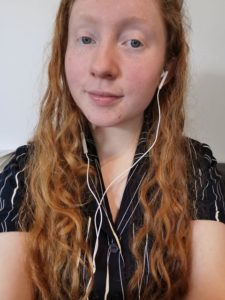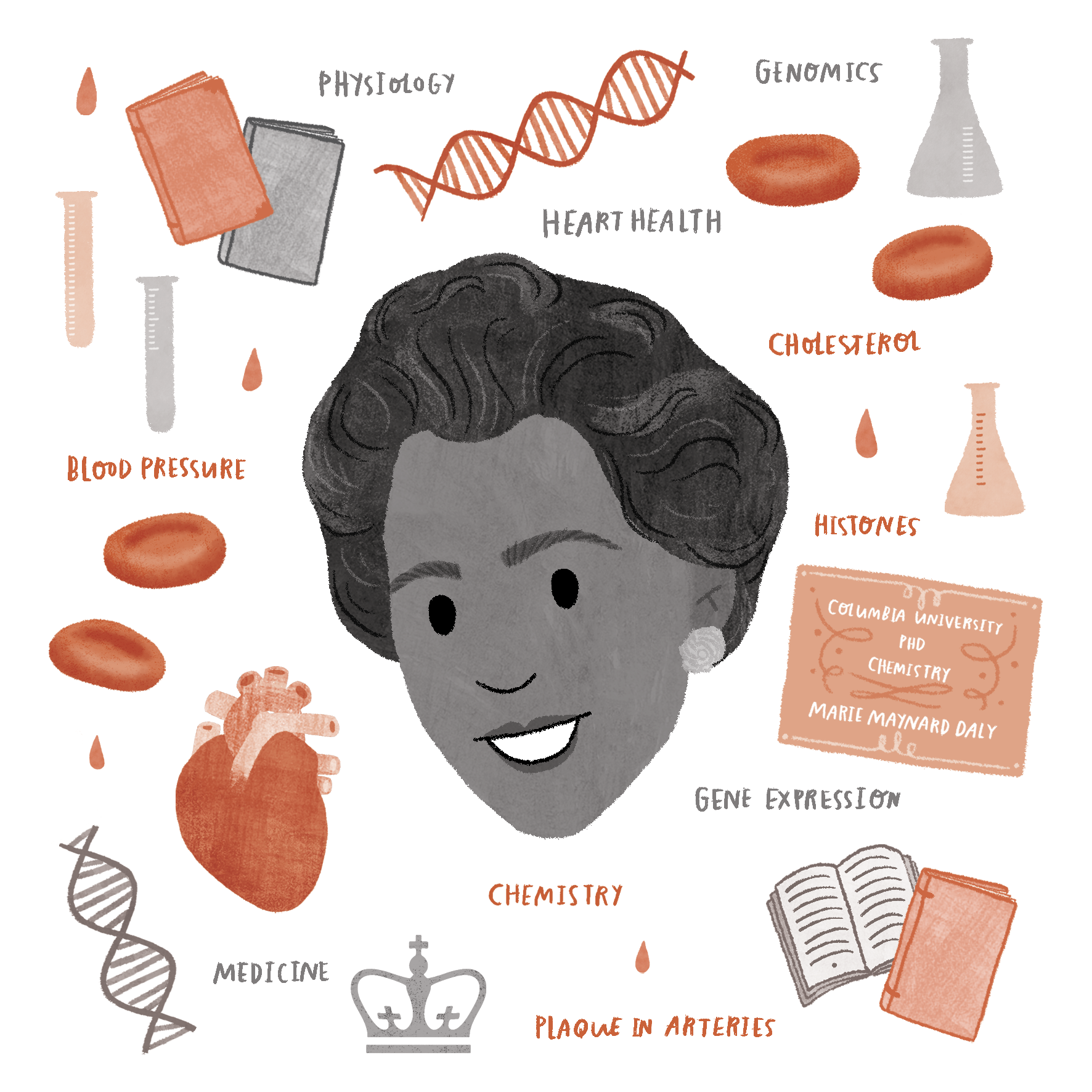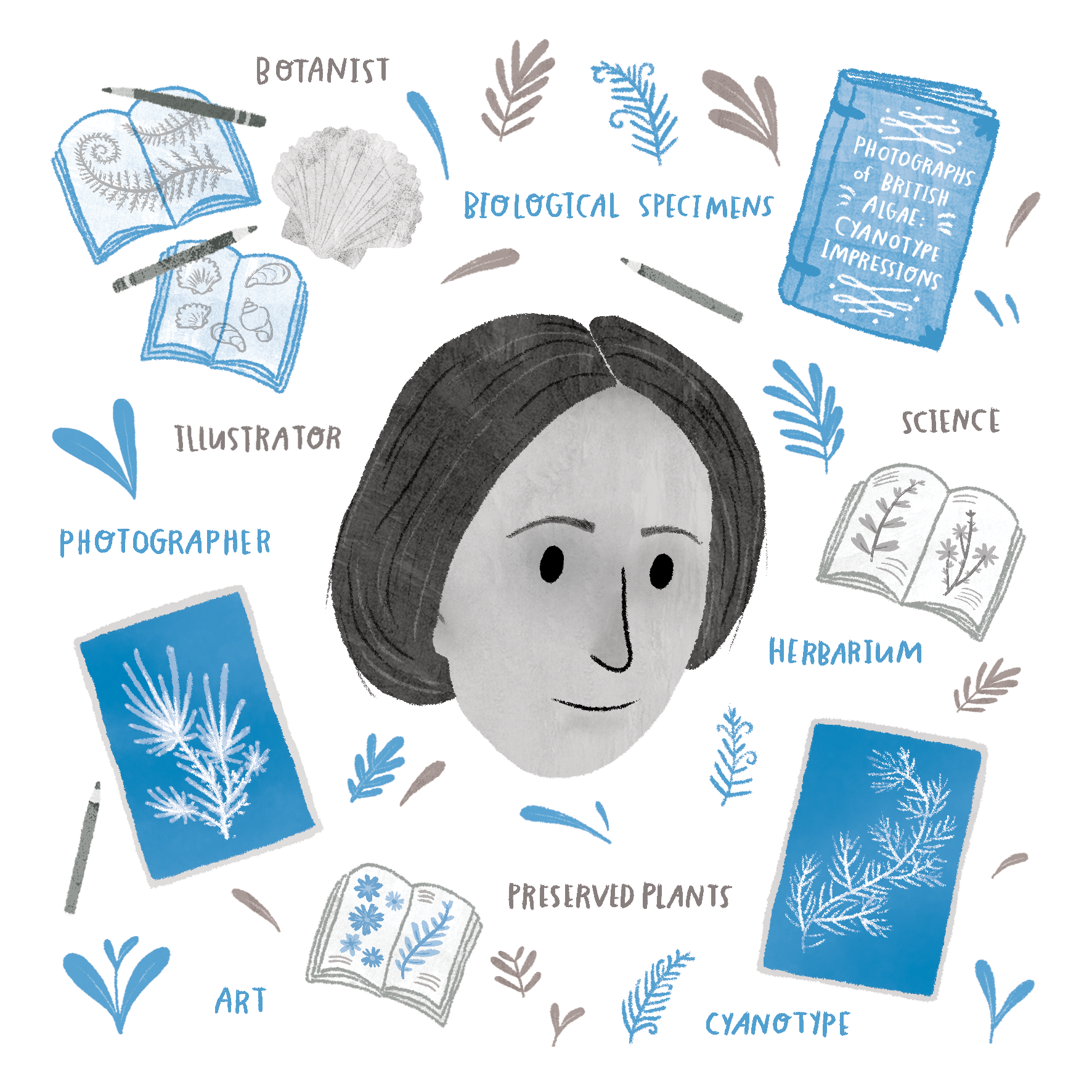We live in the age of podcasts. Commuting to work? Why not pop a podcast on. Going for a run? Why not get a podcast going. Cleaning the house? Why not blast a podcast to make it that bit easier. The blessing of podcasts is their versatility; you can tune into comedy, meditation, late afternoon rambles and all things in between. If radio programmes were selfies, podcasts would be the candids.
Whether it be on a stage, cradling a ukulele or sharing memes, there are a variety of ways to interweave science and culture.

As a fellow science communicator, where better to start than a brand-new podcast launched just last month: Amanda Mathieson’s Scicomm Stories. I was immediately drawn to this show because of its title. It captures the essence of what it is to communicate science effectively – to tell stories. The brilliant journalist and Author Will Storr once wrote: “[The world we live in] is an act of creation by the storytelling brain.” Not only are stories narratives, but they are the way we derive meaning from experience. In the delivery of science, it is that sense of humanity that crafts connection. The belief that we are not simply being shown something, but that we are part of it.

The first episode kicks off with a joke about coding followed by the ASMR-esque boiling of a kettle and clinking of a spoon against a teacup. A sound bite for chatting about science whilst sipping tea. The blending of poetry and science is a curious venture. I actually hadn’t thought of this interrelationship until I heard science writer and poet Dr. Peter Bickerton sharing his witty mix of worldly insights into the lived experience of science.
Something that Peter said really made me think: “[After reading poetry] I’d rather someone felt a little uncomfortable, because then at least you get a conversation out of it.” I have personally grown to understand this over the last few years of writing and blogging about science and various other topics. It’s the notion of consciously listening to someone you disagree with, so that you can learn and open your mind. After all, how many scientific theories were dismissed outright and later taken on board in a way that thrust the field of science forward?
Poetry is confrontation with ourselves. It often asks the questions we wouldn’t otherwise dare to ask ourselves.
If science poetry is niche, how do we bring it to the masses? Bickerton champions the performance of science poetry. Whether it be on a stage, cradling a ukulele or sharing memes, there are a variety of ways to interweave science and culture. And if in doubt, flaunt a costume. In Peter’s words: “It’s both scary and entertaining how trusting people are of people in costumes.”
It’s funny how ideas can be incubated in the shower or whilst staring into space doing nothing at all. The brain is a wondrous organ. But inspiration flows from the art of just being. Not all poetry has to rhyme. Lifting the lid of restriction off, as the show’s host and science communicator Amanda said, allows thoughts to flow freely.
Peter busted the preconception of the frivolity of mixing art and science: “Some of Leonardo Da Vinci’s inventions only lived on through his art.” Art can enhance science and vice versa.
Science thrives on collaboration, as Amanda points out. This podcast and the sensitive, engaging interview skills of Amanda and the way she encourages in-depth discussion with Bickerton is an example of the brilliance of collaboration. The bouncing of ideas and the sharing of stories is what brings podcasts into their own, even in lockdown. It is particularly heartening to hear science communicators sharing their tips, experiences and viewpoints from books to artists to festivals. To know that the path into this field does not have to be linear is reassuring. The spirit of lifting others up goes a long way. I am definitely inspired to follow my own path into scicomms now.
I am very grateful to have stumbled upon this insightful podcast. With that, I will leave you with a line or two from one of Peter’s poems: “the flagella dance to the calcium beat [as] I look into the midst of a sea-foamed twilight.”
To listen to the new podcast series Scicomm Stories, click here.
For more of Peter’s poetry, follow this link.
Have you ever heard science poetry or made your own science poem? Let us know!




